Let’s face it. It’s pretty hard to keep your chicken’s water from freezing without electricity in the winter.
When the cold arrives, I struggle to keep the chicken’s drinking water from turning into a frozen block.
And without a water heater? It can certainly seem daunting.
I know many of you are worrying about how to keep your chicken’s water from freezing without electricity this winter, so I wanted to share some tricks that have worked for me.
These tips will also work well if you have ducks, turkeys, quail, or any other kind of poultry.
So, if you’re worried about how to keep poultry water from freezing, remember that these tips aren’t just for chickens!
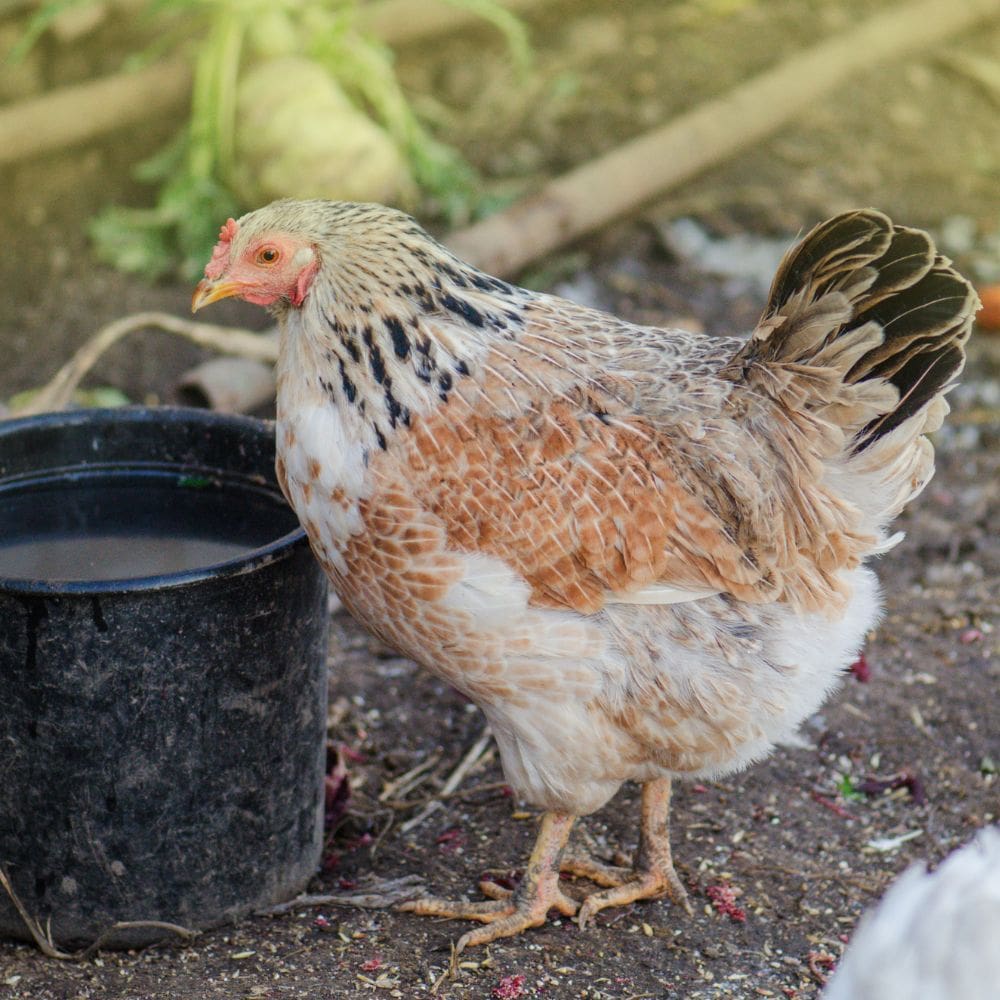
Table of Contents (Quickly Jump To Information)
7 Genius Hacks For Keeping Poultry Water From Freezing
1. Big Water Tub
Typically, the larger the bowl is, the longer it takes to freeze. With our 40-gallon rubber water troughs, they rarely freeze in the cold weather. Of course, it depends on the climate you live in as to how hard you have to work at this dilemma.
If the top freezes, unfrozen water usually rests below that layer of ice. I use the heel of my boot (assuming there are no cracks in them!) to break the surface ice. You can scoop it out and refill the tub so your hens don’t run the risk of falling in as they try to drink.
Using a large waterer to keep your chicken’s water from freezing isn’t always realistic, especially with younger chickens (such as pullets) that can’t balance well on the edge and might fall in.
But if your flock is older and they’re able to not get themselves into deadly situations, then using a large tub is one way to prevent freezing.
2. Rubber or Plastic Water Dishes
I believe that rubber waterers are best for winter, and in most cases, it’s true.
Rubber conducts cold less efficiently than stainless steel, and it will take longer for your chicken’s water to turn into a solid block of ice. Most rubber bowls also tend to be less expensive than stainless steel. Rubber tubs are more durable for sure. You can bend them and kick them to get the frozen water out when needed (it happens even we we try to not let it happen).
Plastic is another option although in my experience, it doesn’t retain heat from the sun as efficiently as rubber.
Which brings us to….
3. Black Water Tubs
As we all know, black absorbs the sun’s rays better than any other color out there.
So, black rubber water tubs are more likely to keep your chicken’s water from freezing without electricity than (probably) anything else out there.
If you’re not able to use an electricity-sourced water heater, then relying on heat from the sun is definitely a bonus. Plus it’s more cost efficient than buying an electric water heater (and potentially safer).
Dark blue, purple, or burgundy would work as well, but steer clear of lighter colors (and, of course, stainless steel and metal waterers).
4. Ping Pong Balls
I’ve had marginal success with this, but other people swear by it, so I wanted to mention it.
You can grab a packet of ping pong balls at your local dollar store and float them on the top of the water.
The idea is that as the wind moves the surface of the water, the continued movement of the ping pong balls will keep your chicken’s water from freezing.
Now, you’ll be relying on the breeze to do the work for you. And if your water tub isn’t deep, the ping pong balls will get stuck as the water freezes around it.
It’s worth a shot, but you might want to use the ping pong balls in conjunction with a black rubber tub.
5. Ducks (not a typo)
Believe it or not, ducks themselves are pretty good at keeping your chicken’s water from freezing.
Ducks automatically want to splash and play in the water. They are MESSY! But a benefit of this behavior is that they keep the surface constantly moving so it can’t turn into ice.
Again, a deep dish is required, and you will have to keep it full because your ducks will want to dunk their heads and bills into the water.
In most cases, the ducks will be fine if they get wet – they have down which repels water! And unless they’re young, they can figure out when to stop.
6. Hand Warmers
I’ve successfully used commercial hand warmers (the kind you don’t open until ready to use) with small stainless-steel mason bases for jar waterers. I KNOW, I just said not to use stainless steel…but hang on.
In this case, using stainless steel waterers works best because the metal will conduct heat from the warmers, keeping the water just above freezing temperatures. Just stick the warmer below the metal bottom, and replace it as needed.
If you have quail or smaller chickens that require only a mason jar waterer, this solution works well, particularly since smaller waterers will freeze much quicker.
7. Hot Water
If you’re going to be gone part of the day and want to make sure your flock has access to fresh water for longer, you can give them hot H20 when you fill their dish.
Just make sure it’s not boiling, otherwise, your hens might burn their throats.
If, throughout the day, you notice their water turning to ice, then refill the bucket with hot water.
You can also do this at night, although chickens are less likely to drink water in the dark since they’ll want to get some shut-eye. In fact, I sometimes empty the waterers out at night so I don’t have to deal with frozen water in the morning. Since my flock is sleeping, and I’m sure they had access to fresh water all day, I don’t have to worry about them.
Additional Tips
- Keep your chicken’s water inside the chicken coop (coops are usually, and hopefully, warmer than the outdoors).
- Fill a plastic bottle with salt water and let it bob in your chicken’s water tub. Salt naturally warms it up a bit and it has a lower freezing point. I’ve never used the salt-water trick, but many folks have had success.
- Heat a stepping stone for a bit in your oven and then place your chicken’s water tub on top of it. It’s a lot of work, but it is an option.
Summary
Backyard chicken keeping sure has its challenges, and frozen drinking water is one of them. But all the enjoyment these featherd friends brings us makes every challenge worth the fight! 💕
So whether you opt for borrowing the strength of the sun, or whether you toss ping pong balls in the water tub, or any number of options – you now have several methods to help you – help your flock! May the warmth be with you!
Maat van Uitert is a backyard chicken and sustainable living expert. She is also the author of Chickens: Naturally Raising A Sustainable Flock, which was a best seller in it’s Amazon category. Maat has been featured on NBC, CBS, AOL Finance, Community Chickens, the Huffington Post, Chickens magazine, Backyard Poultry, and Countryside Magazine. She lives on her farm in Southeast Missouri with her husband, two children, and about a million chickens and ducks. You can follow Maat on Facebook here and Instagram here.

![4 Types Of Poultry You Can Raise With Hens To Be More Self-Sufficient [Podcast]](https://thefrugalchicken.com/wp-content/uploads/2016/07/raise-poultry-with-chickens-feature-min.jpg)
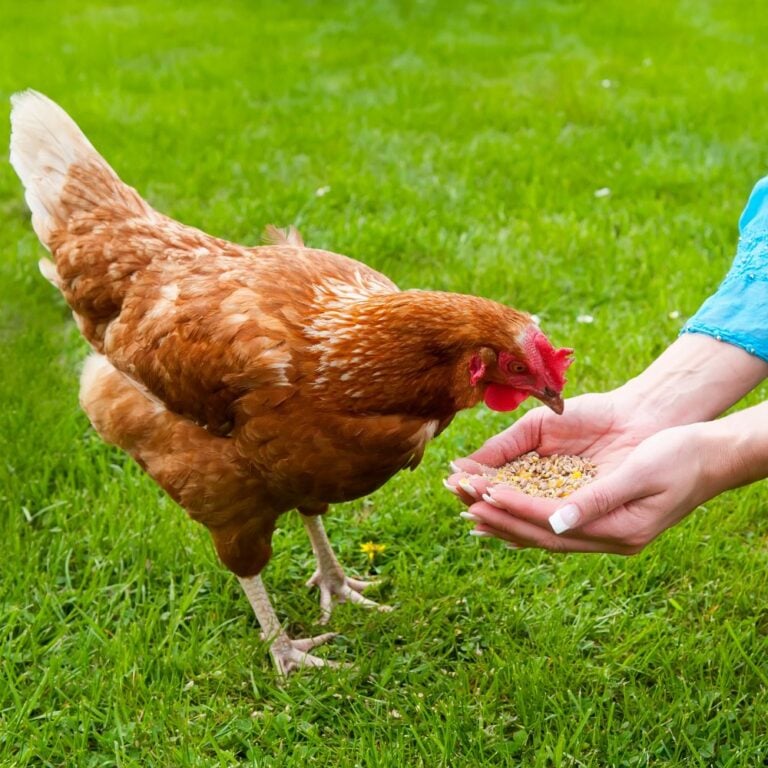
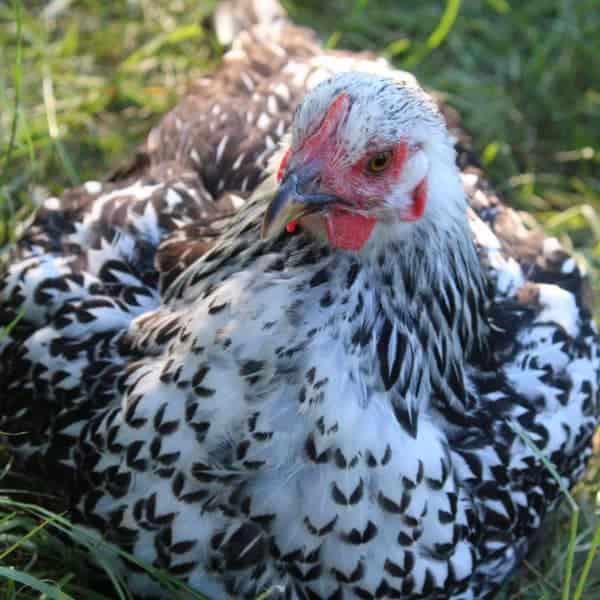

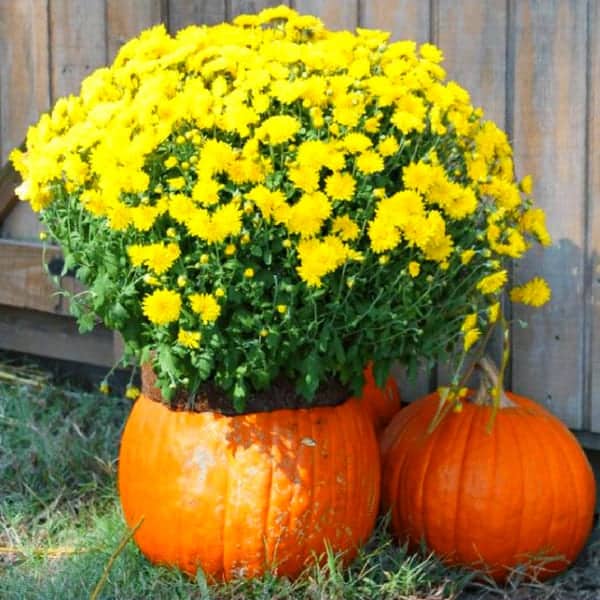
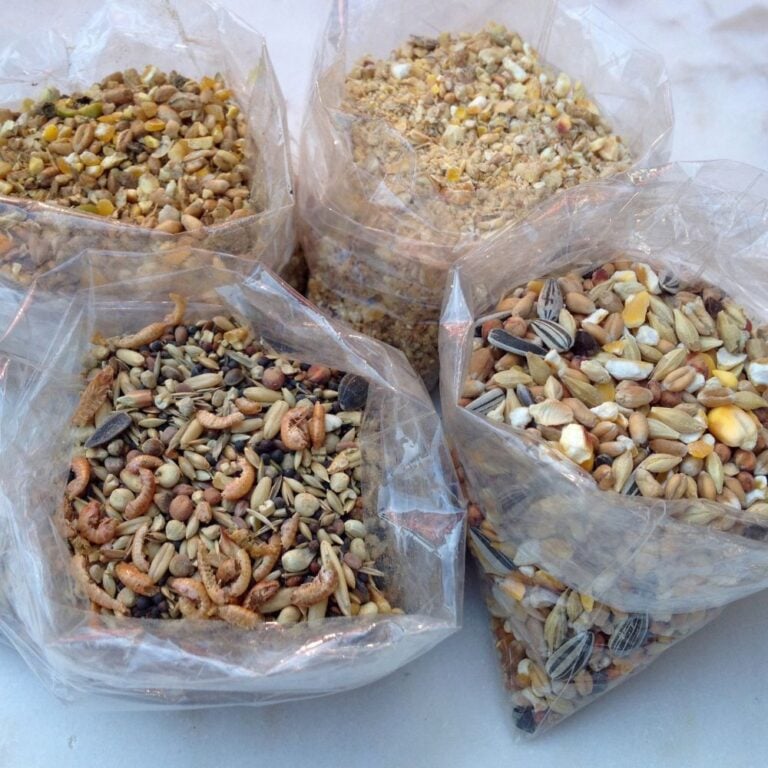
Great tips! The ping pong balls don’t work for me, either, but I do use a large black rubber tub set on bricks, and it does keep the water from freezing so fast. I also cover the tub with a shallow plastic bowl at night and many times it doesn’t even freeze overnight.
Great ideas! I’ll have to give them a try this January!
I made highly concentrated salt water and put it in a 20oz plastic bottle then dropped that into my large waterer. It hasnt frozen for 2 winters now and weve had below freezing for several weeks straight on a few.occassions in those 2 winters.
Hi Maggie, I’ll give that a try this winter!
Can I ask what the ratio is for water and salt in the bottle it?
We have ducks.. and were thinking of using old windows as part of the roof hoping to keep things warmer inside with the sun shining through?? Thoughts?
You can try it. If you make sure the edges are sealed well to keep out drafts, then solar energy should do the job!
I take 4 concrete blocks, form a square leaving a hole in the middle to drop a big heated rock into. Line the bottom and edges of the hole with hard foam, so the heat is concentrate upward. I keep a few rocks on the wood stove that fit in that hole and switch them daily. You sit your waterer on top of the hole where the rock sits. I learned this from an elderly farm lady. You can go one step further and take two black rubber bowls that will nest inside each other. When you set the small bowl inside the larger bowl, there should be at least an inch of space, where you are going to spray liquid spray foam. This shields the cold from entering from the sides. Also you can take a board and cover 1/2 to 2/3 of the top of the bowl. This prevents excess heat loss from the top. Change out your rock one or twice daily. If your bowl freezes, pop out the smaller bowl of ice and refil with fresh water. Easy Peasy! Helpful hint; Before spraying your foam around the small bowl and larger bowl, line the smaller bowl on the outside with Saran Wrap to prevent it from sticking. When the foam hardens, remove the Saran Wrap. You have created a perfect fit for your small bowl to nest down into your large bowl.
Great Ideas!!
This is my first winter with chickens and ducks. I have angora rabbits that I just use a heated waterer. This might seem like a weird question, but right now I have a hose running out to my run to easily fill up a small duck pond and a big bowl of water. My question is how do I keep the hose from freezing? Or should I disconnect the hose and bring water out from inside the house? I can do that, but it would be annoying and my ducks go through lots and lots of water.
Hi Loren, we unscrew the hose at night and bring it in. Otherwise, if it’s below freezing, there’s not much you can do. You can use a thick black rubber hose, they attract the sun more and are the first to unfreeze on our farm.
We live in an area with very cold, snowy winters and we purchased a hose that isn’t rubber. It’s a green stretch material. We still bring it in after watering the cow/sheep though. For the chickens I just bring a pitcher of water out once or twice a day. We don’t have a ton of chickens though so that amount works for us.
I use a pond pump with a air hose to keep the water moving so it doesn’t freeze, this works well and we live in an area with very cold winters.Their water container is kept inside the coop. It is safe as the pump is kept out of their reach only the small clear hose is in the water.
In regards to the windows, I would just make sure that you aren’t anywhere there may be branches that could potentially cause problems. You will need to flash around the edges. Skylights are one of the home owners biggest problems.
What we do is just empty the watering can and rabbit bottles at night. You do have to make sure that you get back out first thing in the morning with warm water for the animals. Boiling water with hose water does the trick, or creek water in my case. In case of freezing during the day, use a pot of boiling water to unstick the watering can and add the rest to the hens frozen water. For the bunnies, I usually have extra bottles on hand that I can add warm water to and bring the others in to thaw.
GOod ideas! I’m excited about the hand warmer idea. Genius!
I’m dug a hole in our dirt floor of chicken house and put a 12 hr candle under a heavy pot then a heavy grill on top and put four bricks arround.
I agree this works for chickens, but I just don’t see how it’ll work just as well for my ducks, turkeys, quail, or any other kind of poultry.
Use an old tire put your water bowl inside where the opening is
Hello,
You can buy garden hose now that has a built in heat line along the length. You do need to be able to plug in somewhere close to where your water line comes out of your house though or use an extension cord. There are a couple of problems or concerns that I had with the electric heated hoses at least for my situation. They are kind of expensive first and they can’t plug one into another to extend the line. So if your coop is within 100ft of your house and you live in the states where things are cheaper than here, it’s a viable option. Just enter heated garden hose on the google machine and something should pop up. Good luck